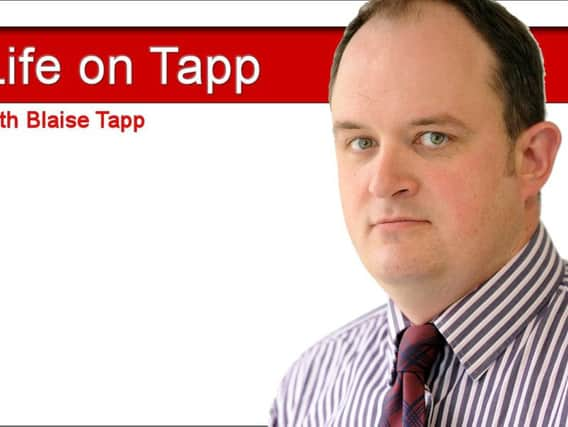A flexible workforce is a happier one - why Britain should ditch the 9-5.


It is fair to say that the world feels much smaller than it did when the Spice Girls and David Beckham were a mere glint in their marketing manager’s eye, and much of that is down to technology.
While I have long argued that gadgets and progress aren’t always the be all and end all they have made many tasks much easier. There was a time when ensuring an important document got from A to B involved relying on Royal Mail or the nearest fax machine but now you can clinch that important deal or make a crucial payment from the comfort of your sitting room while eating your Shreddies and wearing little more than your pants.
Advertisement
Hide AdAdvertisement
Hide AdOur phones, tablets, laptops and, if you are really flash, watches, have enabled us to take control of our lives in a way that our parents and past generations were unable to. In short, those clever soya milk drinkers in the Silicon Valley have made everyday life that much more convenient by virtue of the fact that we can get most things done far more quickly than we used to be able to.
You would think then that we would all be taking advantage of the unprecedented number of tools and technological gems that we now have our disposal, but we aren’t. The vast majority of us are still part of the enormous zombie army of workers who trudge into the office for 9am every day and go home to Simon Mayo and Jo Whiley doing a good job of sounding delighted to be working together.
The reason we do this? As far as I can see, it is because it is the way it always has been and the view seems to be why fix something that isn’t broken? Yes, millions of us, me included, take advantage of flexi-working but we are still very much in the minority, which is madness when you consider that there is growing evidence that working 9 to 5 is bad for your health.
A new book about sleep, written by a former headmaster who once introduced a 10am start time for his students, provides further arguments for a later beginning to the day for all of us, suggesting that we should get into the office at least an hour later than we do. The author, Dr Paul Kelley, also believes that the night owls among us would benefit from logging on at midday onwards.
Advertisement
Hide AdAdvertisement
Hide AdLater starts, he argues, would mean a happier, healthier workforce, given that there is growing evidence that sleep deprivation is linked to poor mental health, cancer and even early death.
Truly flexible hours would also help those struggling with the very real problem of childcare, an issue which is criminally overlooked by both captains of industry and policy makers alike.
Another benefit of ditching traditional working hours would be the easing of pressure on our beleaguered public transport network, just ask anybody who catches a train between 6.30am and 8am into any of our major cities during the week.
We are moving into a new Brexit-induced era, meaning that our workforce will need to be more motivated than they are now, if we are able to compete in a brave new world.
We can do this by giving the workers more sleep.